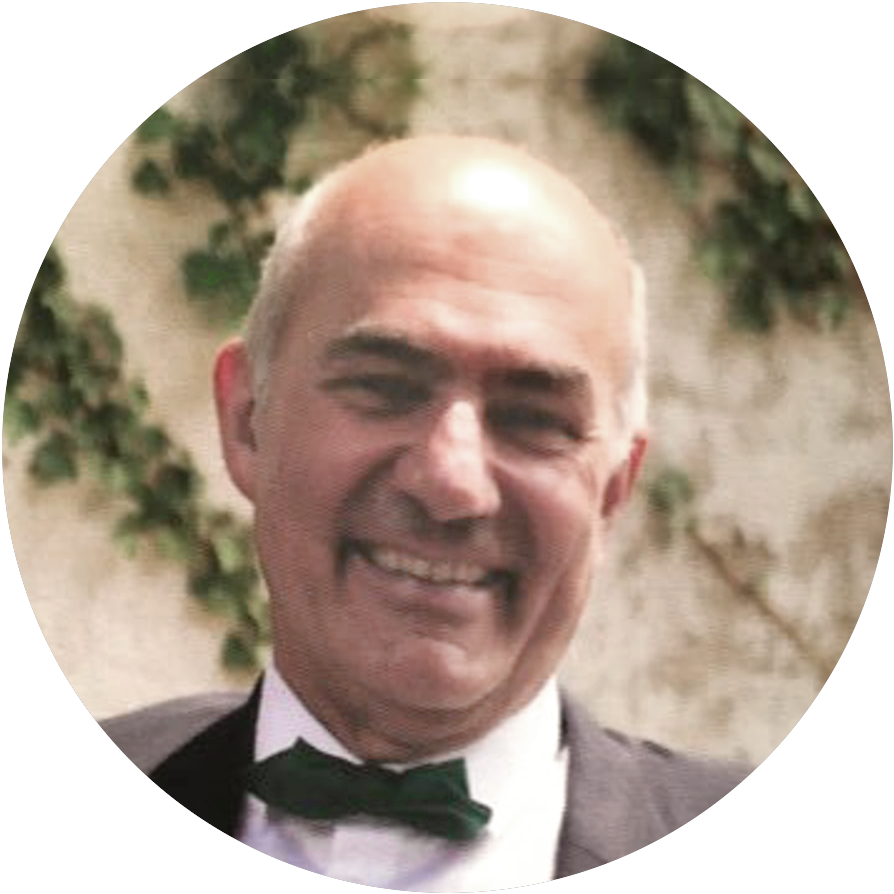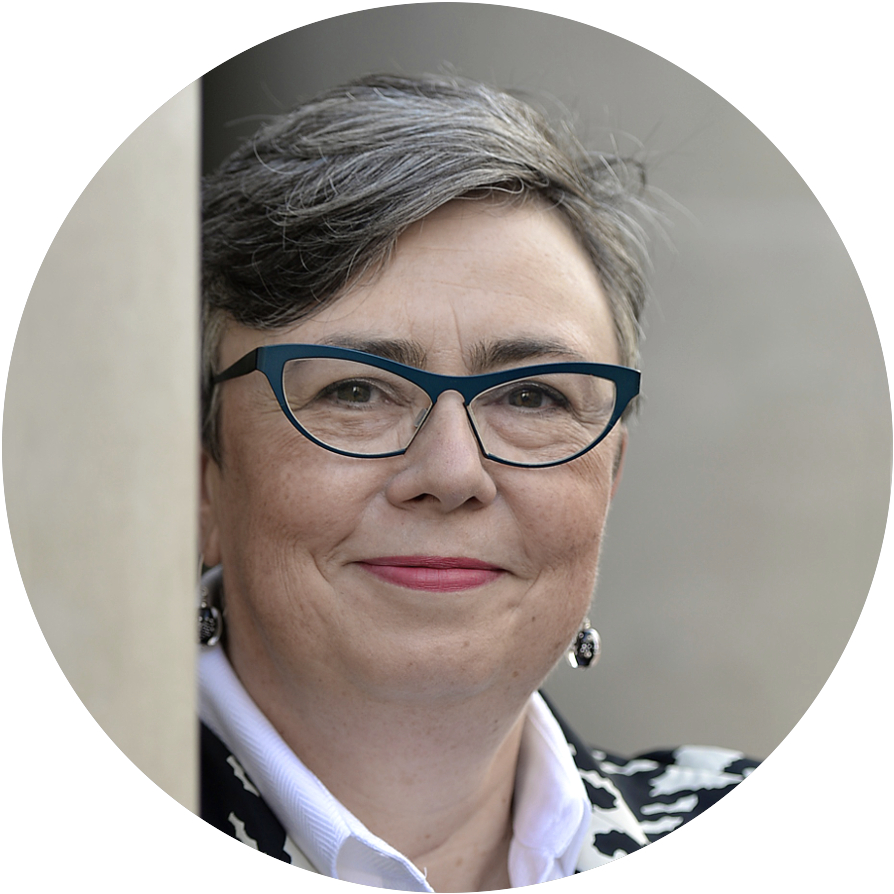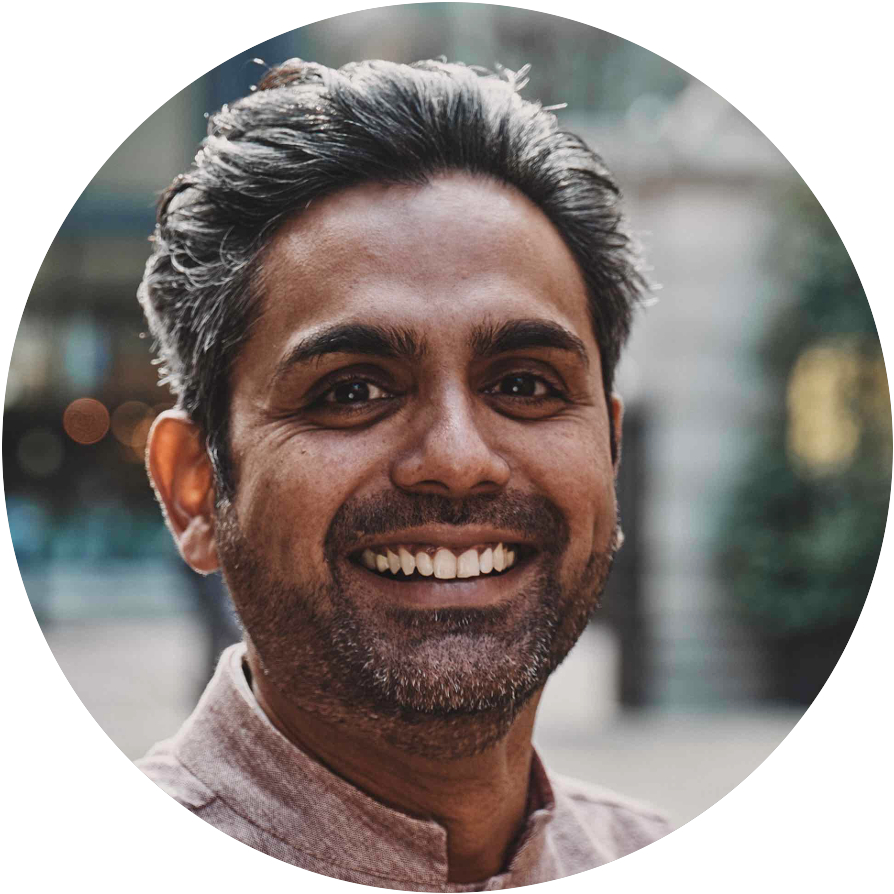🔖 PRESENTATION
Paper (parallel)
📆 DATE
Friday 11 Sep 2020
⏰ MELBOURNE TIME
5.00 – 7.00 pm
⏰ LOCAL START TIME
time start

Dr Aideen Lucey
Organisational Consultant, Aideen Lucy Consulting, UK
Aideen Lucey is an independent organisational consultant. She provides consultancy, coaching and supervision for a wide range of clients. She is a visiting consultant at INSEAD business school where together with colleagues she has been designing and delivering experiential leadership programmes for over a decade. She is Practice Lead on the Tavistock’s doctorate programme in consultancy in the UK and is also a graduate of the programme. Her doctoral research was on the topic of containment in contemporary organisations.
⏰ DURATION
120 minutes
Suffering at Meaning: Containment in Crisis
Analyst and analysand together must “suffer,” that is bear and tolerate, the truth in order to achieve “the consolation which is drawn from the truth…” (Brown, 2013 citing Bion, 1970).
Before the arrival of COVID 19 the world was already in serious trouble with economic, refugee and climate crises and the rise of right-wing populism characterised by divisive leadership that perpetuates rather than helps to resolve these problems.
COVID 19 has confronted us with our dependence on each other right across the globe. It has also confronted us with our mortality. In addition, the COVID crisis has exposed institutional racism and some of the fragilities and inequalities of global capitalism. We are, now more than ever, living with heightened anxieties about survival and about the damage that human beings are capable of inflicting on each other and on the planet.
I have learned from my work with organisations dealing with extreme distress that the very anxieties that are in such need of containment can also impair our capacity for containment. In this paper I argue that anxiety about survival, where concern for the self takes precedence over concern for the other, is damaging our capacity for containment making it very difficult to relate and to come together to tackle the problems facing us. Persecutory guilt about damage done further complicates the situation.
Drawing on my work in organisations I will look at examples where the quality of contact needed for thinking (in Bion’s sense) was limited or absent. In these circumstances it was ‘suffering at meaning’ that enabled some connection to be made. The paper will describe the process of ‘suffering at meaning’ and will present thoughts about what helps to restore the capacity for containment in organisations when it is absent or impaired.
References:
Armstrong, D. (2010) Meaning Found and Meaning Lost: On the Boundaries of a
Psychoanalytic Study of Organisations. Organisational and Social Dynamics, 10 (1), 99-117.
Bion, W. R. (1962) Learning from Experience. London: William Heinemann Medical Books.
Bion, W. R. (1962a) A Theory of Thinking. International Journal of Psychoanalysis, 43, 306 -10.
Bion, W.R. (1970) Attention and Interpretation. London: Tavistock.
Blackwell, D. (1997) Holding, Containing and Bearing Witness: The Problem of Helpfulness in Encounters with Torture Survivors. Journal of Social Work Practice, 11(2), 81-89.
Brown, L, J, (2013) The Development of Bion’s Concept of Container and Contained. In: Levine, B.H. & Brown, L.J. (eds.) Growth and Turbulence in the Container / Contained. East Sussex: Routledge.
Cooper, A, & Dartington T. (2004) The vanishing organisation: organisational containment in a networked world. In: Huffington, C. et al. (eds.) Working Below the Surface. The Emotional Life of Contemporary Organisations. London:Karnac.
Day(s)
:
Hour(s)
:
Minute(s)
:
Second(s)
Session schedule
10 MINS
Introduction by Ms Katy Rowett
30 MINS
Paper presentation
15 MINS
Small group discussion; impressions of the paper and developing questions for the presenter
15 MINS
Discussion forum with the presenter; moderated for the speaker to elaborate their ideas
15 MINS
Small group activity or discussion ‘What does this paper tell us about working into the future?’
15 MINS
Discussion forum with the presenter; themes from the discussions
20 MINS
Break





